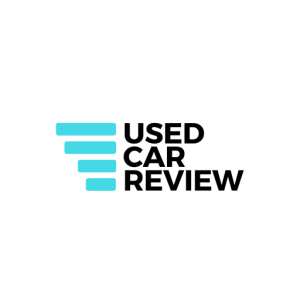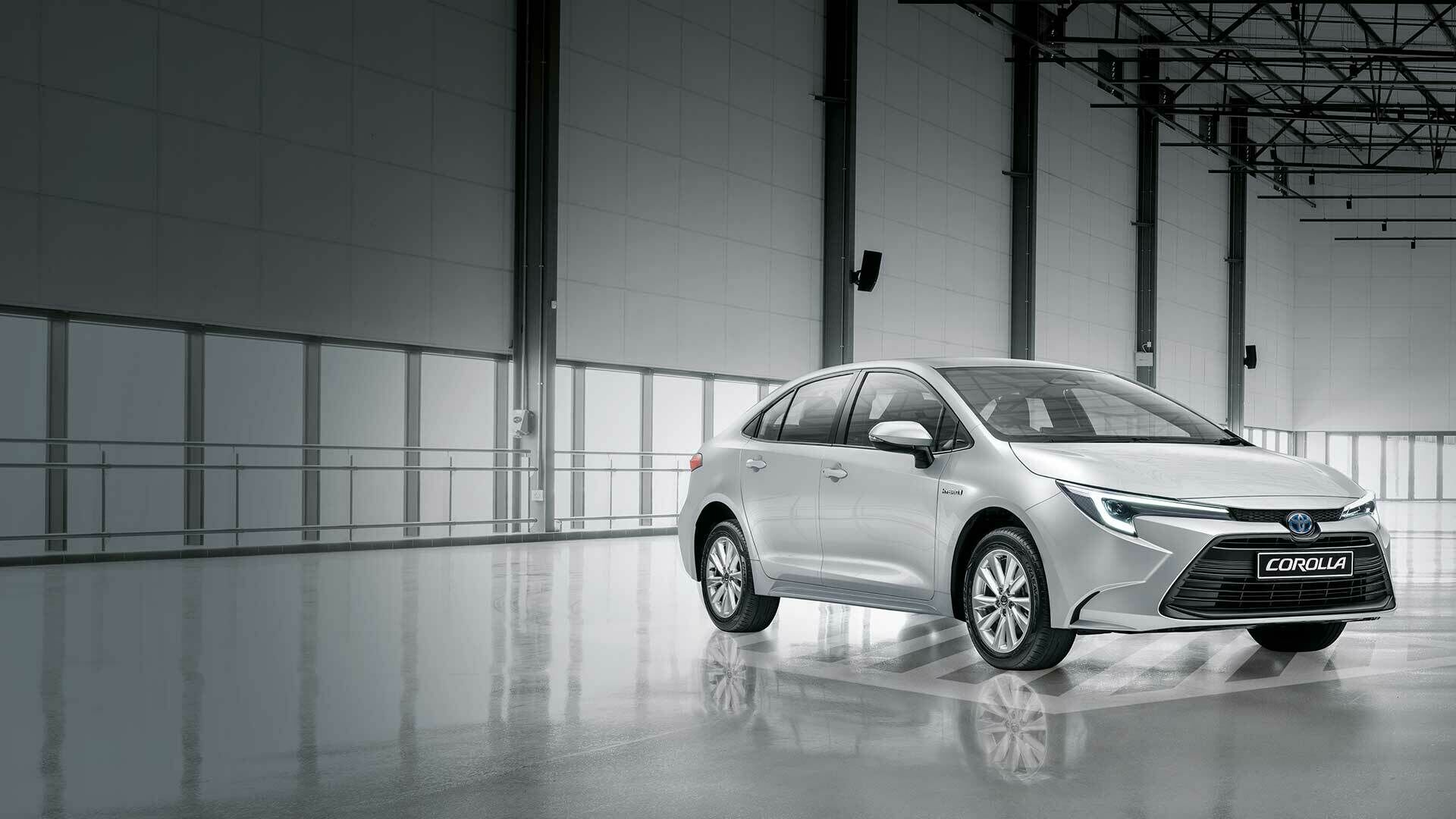When it comes to buying a used car in South Africa, you’re faced with a major decision: Should you buy from a dealership or go through a private seller? Each option has its own advantages and drawbacks, and understanding these can help you make the best choice for your needs. Whether you’re looking for peace of mind, a good deal, or a unique ride, this guide will help you navigate the pros and cons of each route. Let’s get started!
Buying from a Dealership – The Professional Route
Pros:
1. Peace of Mind with Certified Pre-Owned (CPO) Vehicles
- Inspection and Certification: Dealerships often offer Certified Pre-Owned vehicles that have undergone thorough inspections and meet specific standards set by the manufacturer. This certification provides added peace of mind about the car’s condition.
- Extended Warranties: CPO vehicles usually have extended warranties covering major components, offering additional protection and saving you from unexpected repair costs.
2. Financing Options
- Convenience: Dealerships typically provide in-house financing options, making it easier to secure a loan and drive off with your new car. They can also help you navigate the paperwork and financing process.
- Competitive Rates: Some dealerships have partnerships with banks and financial institutions, which can result in competitive interest rates and flexible payment plans.
3. Trade-In Offers
- Convenience: If you have a vehicle to trade in, dealerships can make the process seamless. They’ll appraise your car and deduct its value from the price of the new one, simplifying the buying process.
- Tax Benefits: In some cases, trading in your car can reduce the amount of tax you pay on the new vehicle, further saving you money.
4. Legal Protections
- Consumer Rights: Dealerships are bound by the Consumer Protection Act (CPA), which means they must adhere to certain standards and provide accurate information about the cars they sell. This legal protection can give you recourse if something goes wrong with your purchase.
- Disclosure of History: Dealerships are required to disclose any previous accidents, major repairs, or other issues with the vehicle, ensuring you’re fully informed before making a decision.
5. Post-Sale Support
- Service and Maintenance: Many dealerships offer service and maintenance packages, making it easier to keep your car in top condition.
- Customer Support: If you encounter any issues after your purchase, dealerships typically have customer support teams to assist you.
Cons:
1. Higher Prices
- Markup: Dealerships often charge higher prices than private sellers due to overhead costs, marketing, and profit margins. This means you might pay more for the same car compared to buying from a private seller.
- Negotiation: While dealerships are open to negotiation, they may not be as flexible on price as private sellers.
2. Pressure Sales Tactics
- Aggressive Sales Tactics: Some dealerships employ high-pressure sales tactics to close deals quickly. This can make the buying process stressful and overwhelming.
- Add-Ons: Dealers may try to upsell you on additional features, warranties, and services, which can increase the overall cost of the car.
3. Limited Selection
- Inventory Constraints: Dealerships are limited to the stock they have on hand, which may not always match your specific preferences or budget.
- Brand Focus: Dealerships often specialize in certain brands, which can limit your choices if you’re looking for something specific.
Buying from a Private Seller – The DIY Approach
Pros:
1. Lower Prices
- Negotiation Flexibility: Private sellers are often more willing to negotiate on price, which can result in significant savings compared to dealership prices.
- No Overhead Costs: Without the overhead costs of a dealership, private sellers can afford to offer lower prices.
2. Personal Touch
- Direct Interaction: Buying from a private seller allows for direct interaction with the owner, giving you a better sense of the car’s history and how it was maintained.
- Customized Options: Private sellers may offer unique or customized vehicles that aren’t available at dealerships.
3. Wider Selection
- Broader Market: When buying from private sellers, you have access to a broader market, including unique and rare models that might not be available at dealerships.
- Local Finds: You might find great deals from local sellers, reducing the need for long-distance travel to pick up your new car.
Cons:
1. Lack of Legal Protections
- As-Is Sales: Private sales are typically “as-is,” meaning you have limited recourse if something goes wrong after the purchase.
- Consumer Rights: Unlike dealerships, private sellers are not bound by the Consumer Protection Act, which means you have fewer legal protections.
2. No Financing Options
- Cash Payments: Private sellers usually require full payment upfront, which can be a significant financial burden if you don’t have the cash on hand.
- Loan Complexity: Securing a loan for a private sale can be more complicated, as you’ll need to arrange financing independently.
3. Risk of Fraud
- Scams: There’s a higher risk of encountering scams or dishonest sellers in private sales. It’s essential to be vigilant and conduct thorough research to avoid falling victim to fraud.
- Lack of Verification: Private sellers may not provide comprehensive vehicle history reports, making it harder to verify the car’s condition and history.
4. No Warranty
- Repairs and Maintenance: Unlike dealership purchases, private sales don’t come with warranties or service packages, meaning you’ll be responsible for any repairs or maintenance costs.
- Uncertain Reliability: Without a warranty, you have no assurance that the car will be reliable, which can lead to unexpected expenses.
Making the Decision – What’s Right for You?
Choosing between a dealership and a private seller ultimately depends on your priorities, budget, and comfort level. Here are a few factors to consider:
- Budget: If you’re looking for the best possible price and are comfortable with a bit of risk, a private seller might be the way to go. However, if you’re willing to pay a bit more for peace of mind and added protections, a dealership is a safer bet.
- Financing Needs: If you need financing or prefer a structured payment plan, dealerships offer convenient options that private sellers can’t match.
- Legal Protections: For those who value consumer protections and the ability to address issues post-purchase, dealerships provide more security.
- Vehicle History: If having a verified vehicle history and warranty is important to you, a dealership is the better choice.
- Negotiation Skills: If you enjoy haggling and have a knack for negotiation, you might score a great deal with a private seller.
Final Thoughts
Both dealerships and private sellers offer unique advantages and challenges. By understanding the pros and cons of each, you can make an informed decision that suits your needs and preferences. Whether you prioritize price, convenience, or peace of mind, there’s a perfect car out there waiting for you. Happy car hunting, South Africa! Drive safe, and make sure to enjoy every moment on the road.



Comment